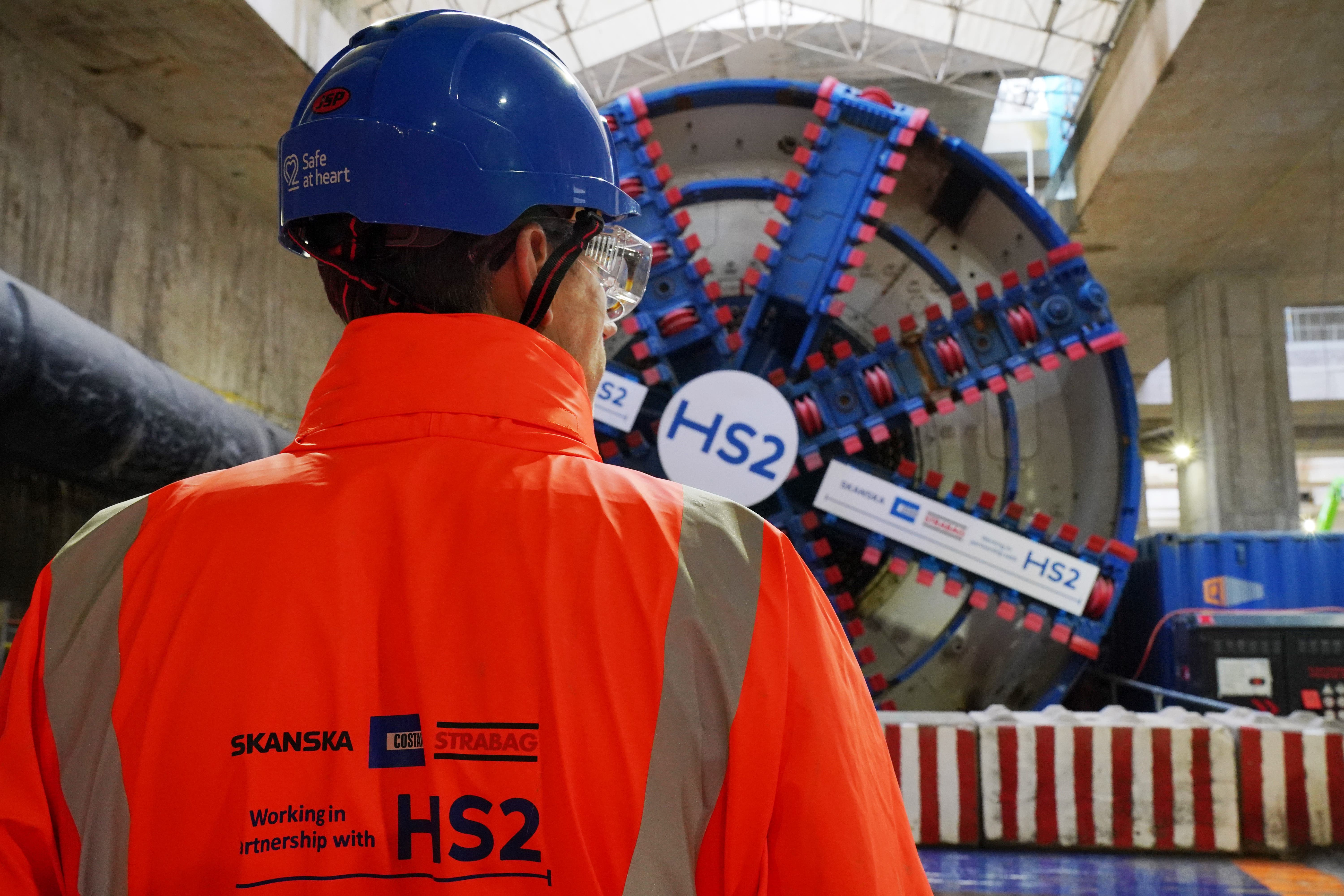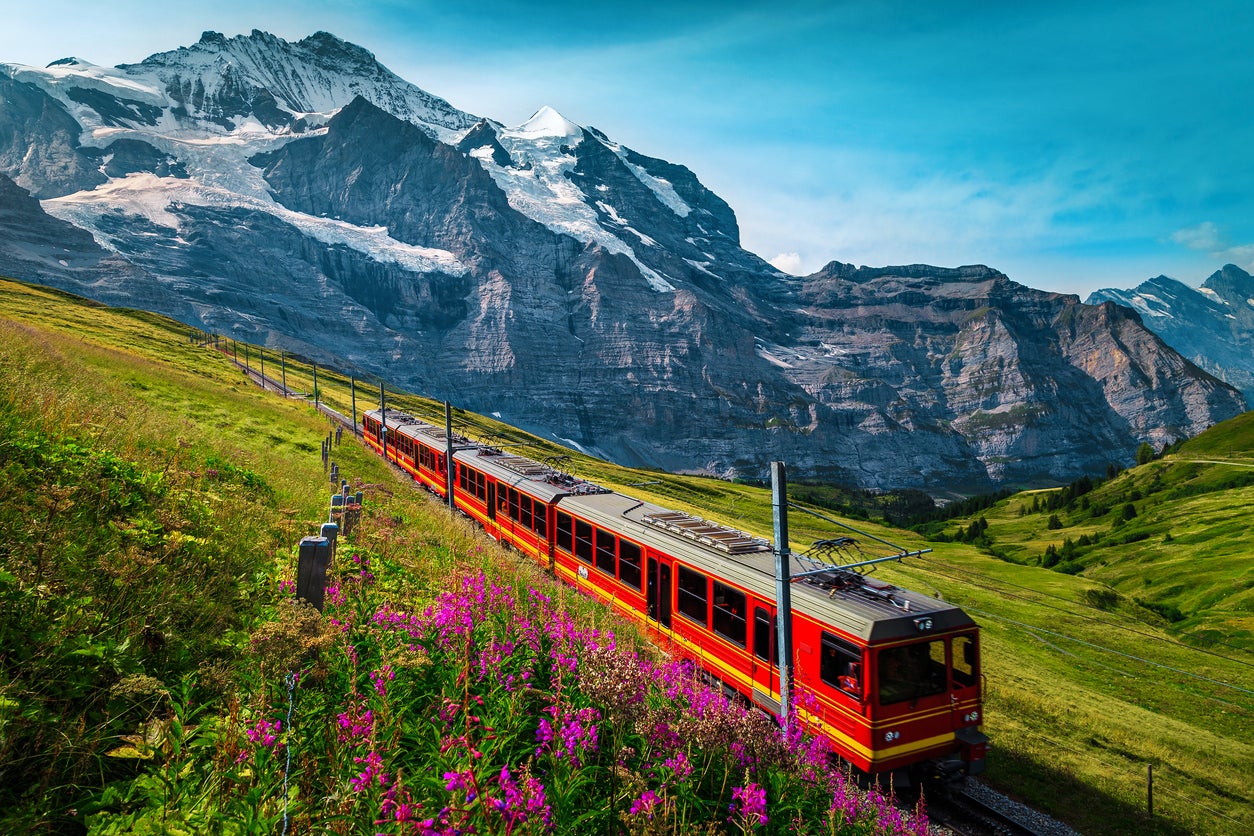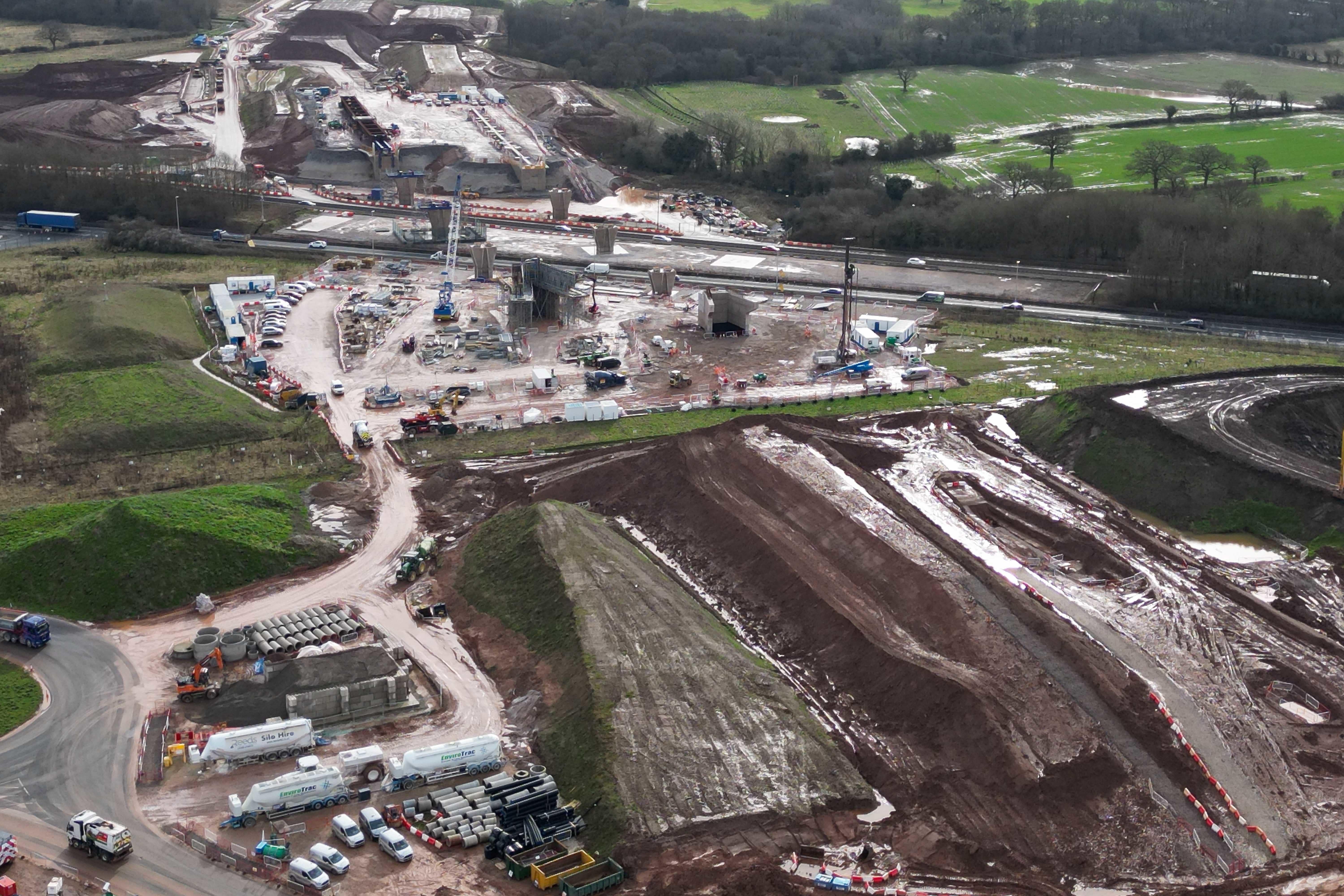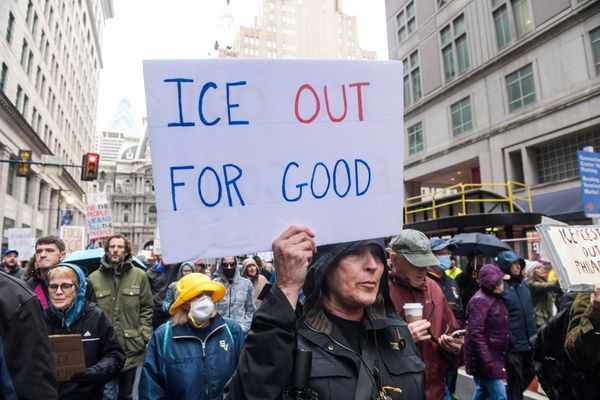.jpeg?width=1200&auto=webp&trim=0%2C0%2C0%2C12)
“Eighteen years in, we still don’t have a design for Euston,” laments Thomas Ableman. “And then we wondered why the cost ballooned.”
He is, of course, talking about HS2: the high-speed railway linking London Euston with Birmingham, Manchester and Leeds.
Regrettably, you can forget about the last two cities; those crucial spurs were scrapped under the last government in an attempt to save money amid ballooning costs, while seeking votes from motorists.
You can also forget for now about trains starting and ending at Euston in central London. With no design for the terminus station (and currently no cash to build it), when HS2 finally opens a decade or more from now, it will be a shuttle between a place called Old Oak Common in west London and Birmingham.

Read more: How HS2 squandered billions to become a national embarrassment
Whether you are a passenger, a taxpayer or a resident of one of the locations being dug up for ever-diminishing national benefits, you have the right to be furious at a succession of politicians who have created the world’s greatest example of how not to manage a vast infrastructure project.
Within the transport world, everyone has an opinion on who is to blame. But Mr Ableman is different. He has had a distinguished career with Transport for London, Chiltern Railways and National Express, and created an intercity start-up named Sn-ap. He writes and podcasts about delivering better mobility. And his best blog this summer is called: “This is how the Swiss would have done HS2”.
They wouldn’t start with a grandiose project with “a glossy brand or separate company”, says Mr Ableman.
“No HS2 Ltd with its own culture and operating model and interface challenges. Just a series of connected but self-contained projects, each delivered by Network Rail as part of normal business.
“They pick a year in the future – 2045, say – and ask: what should the national train timetable look like then, if we want to meet our national objectives as a country? They work out what a good timetable looks like in that future. Then they build backwards from there.

Read more: Travel Switzerland by rail and bus
“It sounds simple – even obvious – but it leads you to a very different way of working.”
What is also crucial: a fund that guarantees a certain amount of spending on rail infrastructure every year, rather than a hand-to-mouth dependence on the Treasury and volatile politicians.
Mr Ableman contemplates how the Swiss approach would have worked in the UK. Planners would have identified that key regional hubs – Birmingham New Street, Leeds, Manchester Piccadilly – are desperately short of decent rail connections from the suburbs because they don’t have enough platform space. They would understand that the line between Coventry and Birmingham has a hopelessly inadequate timetable for the many prospective passengers who live along the route, because suburban trains must share the pair of tracks with intercity expresses.
Across the whole country, to improve the service for millions: “The fast tracks need to be used by slower trains, so the fastest trains need to run somewhere else.”

Read more: Is this the age of the train or the plane?
The Swiss would take those problems and create a timetable that solves them. “And then they’d ask: what infrastructure do we need to make this timetable possible?”
Guess what: the solution to Britain’s rail needs looks rather like HS2.
“However, because they know exactly what they can afford, every year, forever, they could immediately identify that it’s too expensive.
“Because they know what they can afford, they can now value-engineer a version that fits. In the UK, no one really knows how much money the Treasury will be willing to release, or when. In Switzerland, there’s a budget envelope. It’s predictable.
“So having come up with an unaffordable infrastructure plan to deliver a perfect timetable, they’d go back, iterate the timetable, tweak the infrastructure plan and adjust things until it all fits. And then they’d start building.”
Rather than a big bang, a rolling programme of cumulative upgrades would deliver key benefits early along the way to that timetable tuned for the needs of the nation.

Read more: Simon Calder reveals how to find the cheapest train tickets
“I can’t promise every part will be delivered on-time and on-budget but it’s much more likely,” he writes. “And if something isn’t late, it doesn’t mean that the whole shebang is late – just that one project.”
Mr Ableman’s conclusion is chilling: that the Treasury’s refusal to commit to long-term funding “creates exactly the conditions that make infrastructure expensive”.
Unintentionally, he says, the Treasury is “the biggest driver of waste and inefficiency in UK infrastructure”.
Politicians who really care about mobility – the economic and social benefits it unlocks – should accept that the problems of Britain’s decrepit rail network are rooted in a timetable that works for almost nobody. Swiss railways work for everyone.
The UK desperately needs an infrastructure fund that is immune from the whims of vote-hungry politicians, and the wisdom to start afresh by considering those commuters between Coventry and Birmingham.
For more travel news and advice, listen to Simon Calder’s podcast







